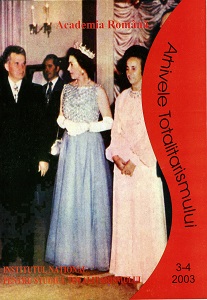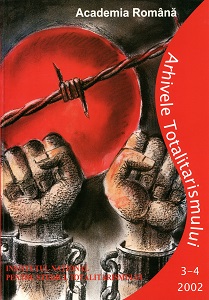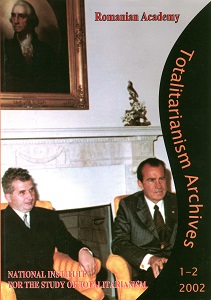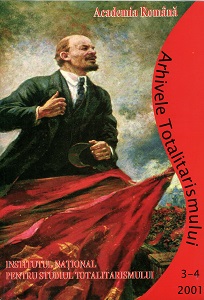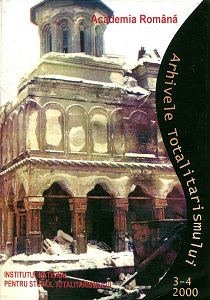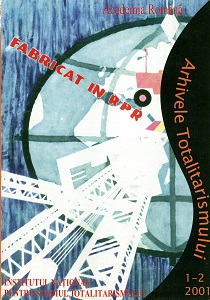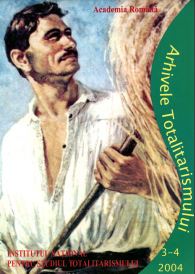
Primele eliberări ale deținuților politici din România. Sighet, 1955
The changes having occurred in Moscow after Stalin’s death prompted the communist leaders in Bucharest to take a number of measures much like those in the Soviet Union. Relaxing the repression, the Dej regime stopped the work on the Danube-Black Sea Canal and a first batch of political prisoners were set free based on a March 11, 1954 decision of the Council of Ministers. The document reproduced here comprises three annexes to Decision no. 1199 of June 25, 1955 issued by the Council of Ministers to pardon the first major batch of political detainees, dignitaries of the former regime who were to be released from the Sighet Penitentiary.
More...
